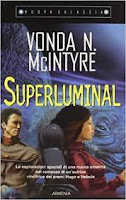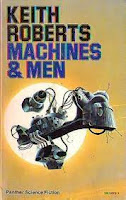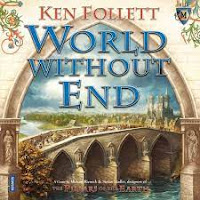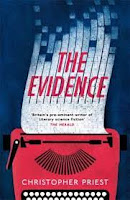Note: This review of The Tower of Swallows (1997), fourth volume in the Witcher series, is going to assume the reader has read the prior three books.
If you’ve read Andrzej Sapkowski’s Witcher saga this far, it’s likely anything I write will change your mind whether to push forward with the fourth, penultimate volume, Tower of Swallows. Then again, Baptism of Fire was such a weak book that you may think twice.
Fear not—or at least only a little, Tower of Swallows is likely the best book of the saga thus far. If the reader has felt a little sea sick trying to follow Sapkowski’s timeline and plotline, this book starts to braid all the pieces together in tighter fashion. It gives readers recognizable plot handles to hold in relationship to one another.








